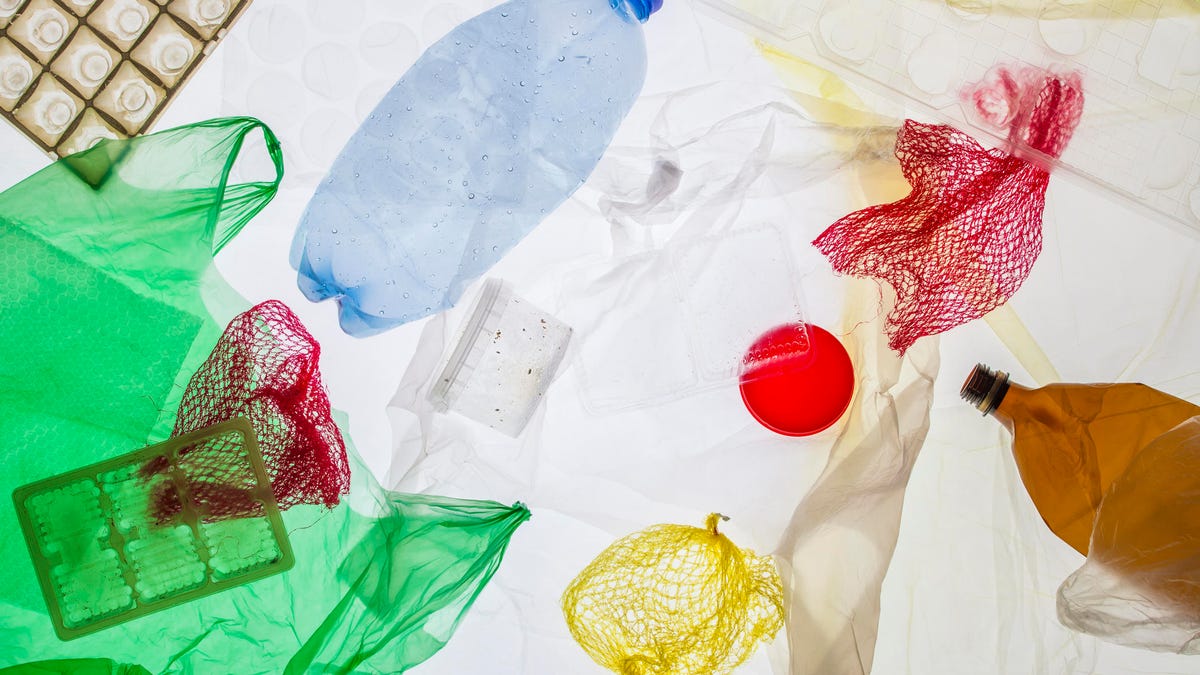Scientists say humans have started pooping microplastics
Better out than in?

Our reliance on plastic could be seriously harming us on the inside.
Humans rely on plastic, and now it's becoming part of us -- literally.
Researchers from the Medical University of Vienna and the Environment Agency Austria released new research on Tuesday showing that microplastics have now entered the human foodchain and are present in human faeces.
The scientists studied eight people from across the world, examining their stool samples for the presence of microplastics. In a worrying warning sign for our health, they found all eight participants tested positive for microplastics in their stool samples, with nine separate types of plastic identified.
On average, the researchers say they found 20 microplastic particles per 10 grams of stool.
Microplastics are tiny particles of plastic less than 5 millimetres in size that occur when plastic products break down. They're also commercially produced and found in products like body wash. And that glitter you're dusting over a school art project? That's a microplastic.
Scientists have already found microplastics in our oceans, with consumption by fish causing big problems in the food chain. But according to the professional United European Gastroenterology organisation, they can also affect human health by accumulating in the gut and leaching toxic chemicals.
While the study was limited to a handful of people, the scientists behind it said the results are concerning.
"This is the first study of its kind and confirms what we have long suspected, that plastics ultimately reach the human gut," said lead researcher Dr. Philipp Schwabl.
"While the highest plastic concentrations in animal studies have been found in the gut, the smallest microplastic particles are capable of entering the blood stream, lymphatic system and may even reach the liver."
Rebooting the Reef: CNET dives deep into how tech can help save Australia's Great Barrier Reef.
Taking It to Extremes: Mix insane situations -- erupting volcanoes, nuclear meltdowns, 30-foot waves -- with everyday tech. Here's what happens.

